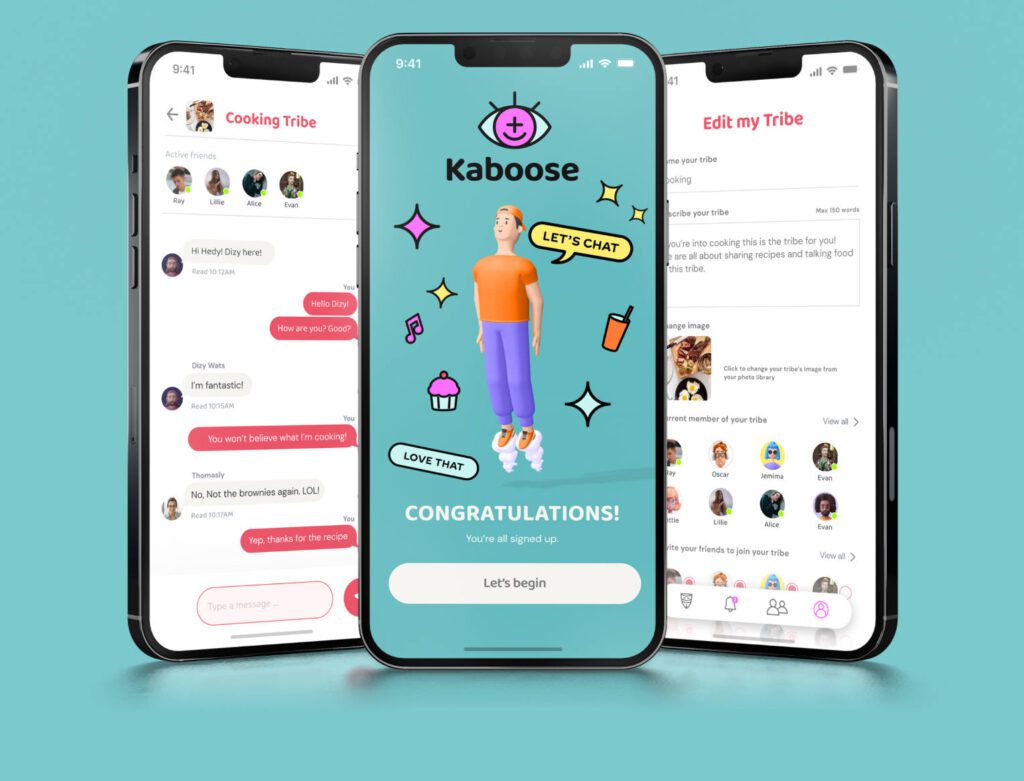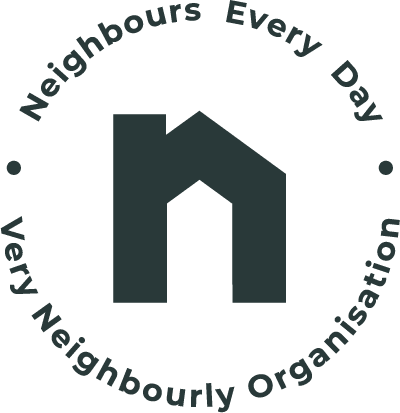So what is RSD?
Rejection Sensitivity is actually an old concept that has been associated with ADHD but is getting a lot more publicity of late! According to Additude Magazine, “RSD Rejection sensitive dysphoria is one manifestation of emotional dysregulation, a common but misunderstood and under-researched symptom of ADHD in adults. Individuals with RSD feel “unbearable” pain as a result of perceived or actual rejection, teasing, or criticism that is not alleviated with cognitive or dialectical behaviour therapy”. The word “dysphoria” comes from a Greek word that means “hard to bear”…. And for those with RSD there are very real or perceived situations that are extremely ‘hard to bear’.
Researchers have now found that ADHD has two subtypes, the well known inattentive type, and an emotional dysregulation type. This emotional dysregulation and emotional impulsivity, is now being discussed as a core symptom of ADHD.
What do we know about RSD?
RSD can present in different ways. You may observe some external signs that someone is experiencing RSD, for example, if they have a sudden emotional outburst following a real or perceived criticism or rejection. However, sometimes there may be no immediate signs, but there is an internal build up and things may escalate slowly, leading to a major outburst. In our family, we’ve seen both immediate outbursts, but more commonly we see some slight change in behaviour which is often the start of an episode. This is usually followed by an event that we now know is RSD. For others, it may seem that the episode has a sudden onset and there is an immediate outburst.
Other signs you might observe are a withdrawal from family or social situations, negative self-talk or self-harm. The self-harm may not be immediately obvious as it can present differently in different situations. For example, we’ve seen self-harm in the form of alcohol intake resulting in seizures through to actual physical self-harm.
In our situation, when an episode of RSD is in full fight we observe extremely angry and emotional outbursts which lead to self-sabotaging. At times these have resulted in challenges with the legal system.
Unfortunately self-sabotaging can also lead to impulsivity and extreme risk taking. These risks can have life long impacts, especially when involving illegal activities.
Ultimately at this time, the person in the middle of this episode is extremely vulnerable and if the situation is not handled with care, then things can quickly escalate. Managing the risk around these episodes is critical. We’ve had situations where the risks taken as a result of the rejection have resulted in emergency attendance, hospitalisation and subsequent sedation.
Triggers for these episodes have more often than not been associated with rejection when trying to make friends or build relationships. However, they can also be precipitated by rejection from social, education or work settings which makes it difficult to provide the support needed leading up to an event.
It’s important to remember that those experiencing RSD will often feel the situation is catastrophic, something beyond devastating. Think of it like a massive panic attack and the only way out is to shut down. It’s the only thing that the person can focus on. For people experiencing this, it’s like the entire world is ending and will never be the same again. Often people find it difficult to verbalise these feelings, particularly if RSD is co-existing with Autism.
For those who don’t understand what’s happening, particularly in younger teens, it can be seen as a tantrum or meltdown for no apparent reason. When I look back on many of the instances we’ve experienced in our family over the years, a lot of our crisis admissions to hospital were in some way linked to RSD.
Although these episodes are extremely frightening and intense, they don’t last very long. After the episode is “over” it’s not that the feeling of loss or loneliness is gone, but the crisis has passed. For loved ones, this can be very confusing as it’s almost like the episode never happened.
The impacts of RSD are significant
So what can you do?
More of than not, you will need to ride the wave while providing support to the person having an episode. This can be very challenging when the person is acting out, self sabotaging or taking extreme risks. However, below are some things that have helped reduce the severity and duration of the episodes:
- Helping the person to reframe the situation by acknowledging the big feelings, showing compassion for their loss, or perceived loss while acknowledging the physical pain they are feeling. It’s also good to remind them that these feelings don’t last.
- While this is hard when things are escalating, if you can anticipate the meltdown coming, try to help them see another perspective and encourage a distraction of sorts.
While distraction was a technique we used throughout childhood, if a person is experiencing an episode of RSD, and you can get them to focus on something different, (preferably something that isn’t dangerous or illegal!) It can help lessen the duration of the episode.
Whilst we can’t prevent rejection in friendships and relationships, we can try to connect with people who appreciate us. Try to find friends who help you feel a sense of belonging and help build your self esteem.
We know that having friends and a supportive tribe from an early age helps build the scaffold around people who are more vulnerable to RSD episodes and will go a long way to supporting our ASD community – which is why I built Kaboose. We’re a community for autistics and neurodiverse people to find friends, mentors and jobs.




